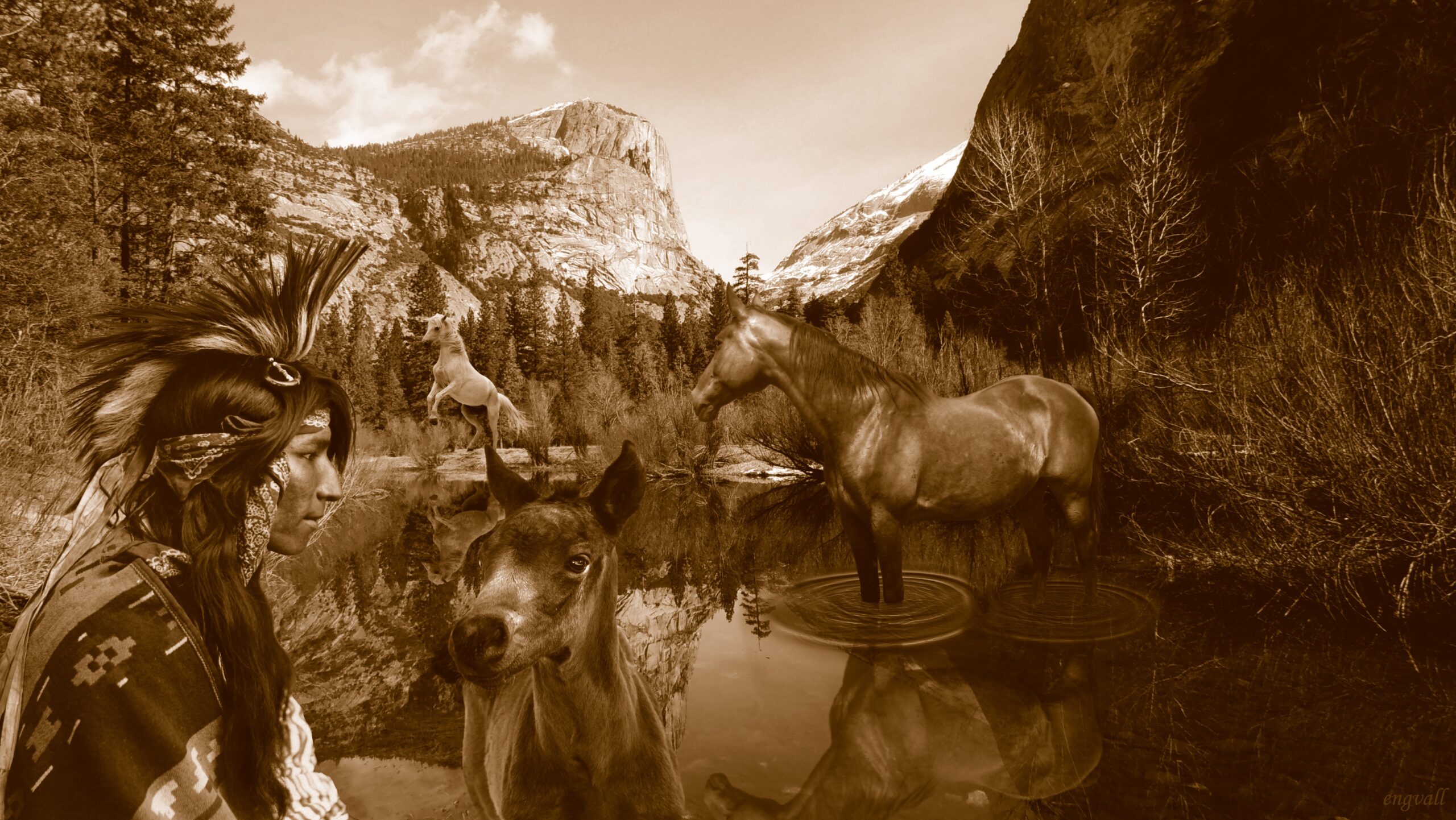It is never too late to start adopting sustainable habits or practices. Small lifestyle changes can go a long way. It can sometimes be difficult for older adults to adopt these practices if they are accustomed to a particular lifestyle. Below are general suggestions to keep in mind when talking with older adults about climate change and sustainability, but are not necessary or appropriate in all circumstances. You likely have different relationships with older adults in your life. Some relationships may be strained or complicated and others may be simple. You know your elders best, so use your better judgment when having these conversations.
When engaging with older adults and encouraging them to live more sustainably, it is important to keep a few things in mind.
Avoid criticism and pressure: offer suggestions, and words of encouragement. If an older adult feels judged or ambushed, like anyone, they will not be receptive to the conversation. Coming on too strong can make them pull away or dig their heels in, which will not get you very far.
Be ready to listen: acknowledge concerns that come up and make sure the older adult feels heard. If you feel the conversation is getting a bit too heated, change the subject, you can always come back to it another time.
Prepare to get nowhere: if the older adults in your life are not interested in changing their lifestyle habits, don’t keep pushing and pivot to a new, or adjacent topic. Having an informative conversation with an older adult explaining the importance of supporting legislation that promotes sustainability, and supporting companies with ethical and sustainable manufacturing practices can still have an impact.
Be patient: remember, a lot of information and media about sustainability may not be accessible to older adults. Chances are they are not scrolling social media all day and, even if they are, most of the sustainability media is not directed at their demographic. You may have to explain things multiple times or inform them of facts you take to be basic knowledge.
Be specific and ready to help: giving vague suggestions can overwhelm the person you are talking with. You can say something like, “I notice you get a lot of junk mail you throw out, would it be easier for you if you had digital subscriptions instead, or unsubscribed altogether?” and see where that takes the conversation.
Recently Pope Francis put out a video highlighting the importance of older adults to live more sustainably and in harmony with nature.
He suggests older adults learn from younger adults and follow their lead in simplifying their lifestyle and reflecting on the way their habits impact the environment.
What are some activities that can get older adults more invested in sustainability and the environment?
There are a variety of activities that older adults can do to help protect the planet. Some activities may be more physically demanding or time-consuming depending on access to transportation and location. The best activities will be ones that the older adults in your life are excited about, and are realistically able to succeed at. For example, if an older adult in your life enjoys knitting, you could find a shop that sources local and sustainable yarn.
Volunteering can be a great way for older adults to do something new, meet new people, and apply their skills in different ways. Unfortunately, there are barriers that prevent older adults from volunteering as much as younger adults. Some of these barriers include: feeling they don’t know enough about the environment to contribute effectively, difficulty in finding volunteer opportunities, and often older adults are assigned to menial or repetitive tasks that are not very enjoyable, which makes them less inclined to continue volunteering. A quick Google search can provide you with nearby volunteer opportunities that are older-adult friendly.
If volunteering isn’t up their alley, going for a stroll or a sit in a park can boost their mood and make them feel more connected to the outdoors. Planting some seeds outdoors or getting some indoor plants can also be a way to make older adults more in touch with the environment and the plants can serve as a reminder to try and live more sustainably.

If an older adult in your life is part of any community or lives in a retirement home it could be worth looking into building a small garden or a raised bed. Gardening offers a multitude of benefits that are not only physical but mental. Having a small group of older adults working together on an ongoing project can build connections between them and improve their quality of life. They can grow vegetables and herbs to eat, and flowers to pick during the spring and summer.
If they are interested in changing some of their lifestyle habits, you can offer to go shopping with them. This will give you the opportunity to introduce them to more sustainable products and show them which brands or labels to look for.
Watching movies can be a great way to spend time with the older adults in your life and learn more about climate change and sustainability. There are lists of movies online that can help you decide what movie to pick.
Artisanal or even artistic endeavors can also offer opportunities for bonding and opening up topics around the climate emergency and social justice. For example, landscape painting – especially taking your easels outdoors – can provide for fantastic times together. And one need not be a Monet or a Picasso to be a great artist. There are numerous ways to jump into the visual arts with fun courses, including online or in nearby communities. Again, a quick Google search will provide information about training opportunities and shops to locate the necessary materials, brushes, paints, and canvases.
Older adults may have unique struggles to adopt a sustainable lifestyle, but it can still be worthwhile to have meaningful conversations about the future of our planet and to help them connect with nature and the environment today. When having these conversations, remember that older adults may have different understandings of current issues and may feel out of the loop when it comes to new sustainability practices. Approaching these conversations from a place of love and care instead of judgment or criticism is essential to the success of these conversations.
Additionally, there is a correlation between living a more sustainable lifestyle and aging well. A rural village in China has an unusually high number of centenarians, which suggests that their lifestyle could be key to their longevity. Spending time outside, gardening, eating nutrient-rich foods, and having a sense of purpose in life, are all important to longevity.
Living far away from pollution, and living in harmony with nature can contribute to living a long, healthy life. Integrating nature into your life, whether it be working in a garden, or caring for a plant, or getting out of the city more often to appreciate the countryside, can help develop habits and lifestyle changes that are more sustainable. Getting in touch with the environment and finding purpose in caring for and protecting the planet is a recipe for a long, and fulfilling life.
Editor’s Note: The opinions expressed here by Impakter.com columnists are their own, not those of Impakter.com. — In the Featured Photo: Two People Standing in a Forest. Credit:Magda Ehlers via Pexels














